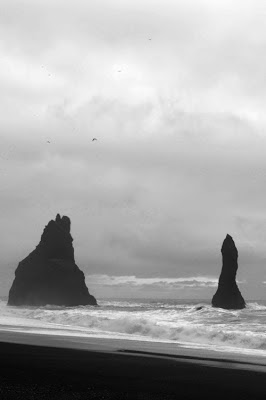The second and much more interesting reason, is this: This is a website about photography, not about digital technology. In digital technology terms, nobody really cares about a device which existed 10 years ago (probably a computer made only five, or three years ago, would still be considered obsolete). But in photography, a piece of equipment does not become obsolete that fast.
This is of course particularly true with lenses (my go-to lens for portraits remains the Nikkor AF 50mm f/1.8 even if it's 20-so years old). But even digital cameras made 5, 6, 7 years ago, are still more than capable of delivering fine art.
 |
| Taken with an "obsolete" lens (Nikkor AF 50mm f/1.8) and an "obsolete" camera (Nikon D300). So what? |
I do from time to time refer to equipment as obsolete, but that is only a relative word. Yesterday I was referring to the Nikkor AF 35-70mm f/2.8 as an obsolete lens for the intended audience. This primarily meant professional or semi-professional FX users. If you make your living shooting weddings, this is a lens that can still do the job but not with the same ease as a more modern equivalent. I wouldn't still write it off as a useless piece of junk. On the contrary.
With cameras, the problem is even more acute. The reason is that the difference in digital components' quality is more easily quantifiable. But whether it makes a difference for one's photographic art, is another question. Take a look at my article on whether you need a new camera or lens and you will realize more easily that a few extra megapixels or a marginally better high ISO performance don't make you a better photographer.

No comments:
Post a Comment